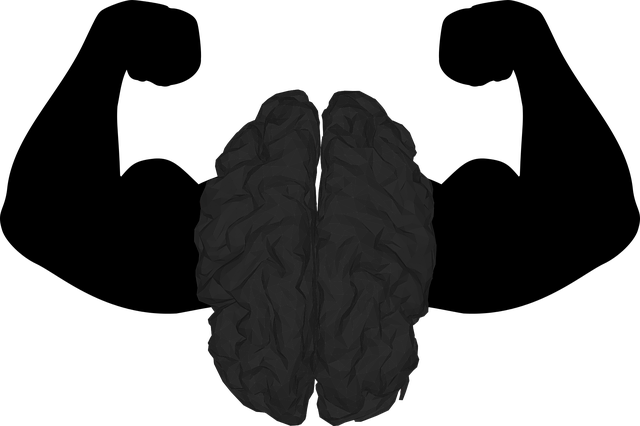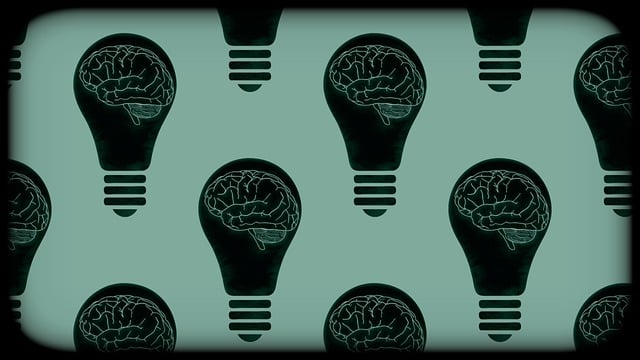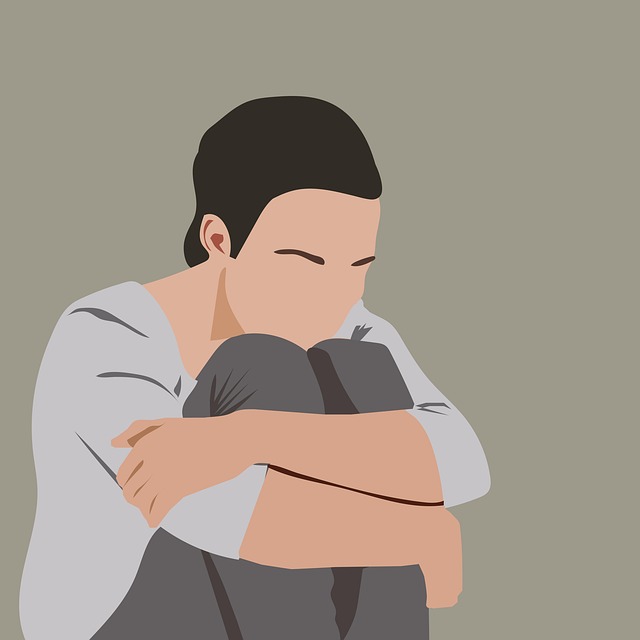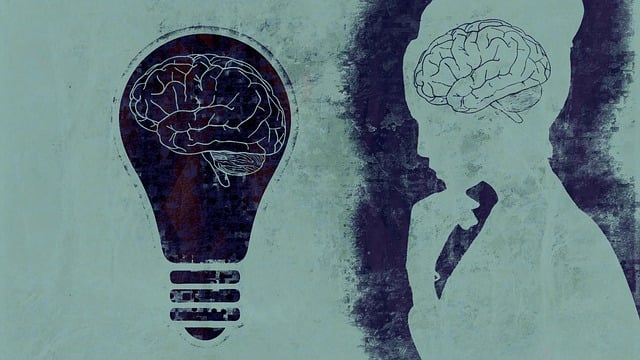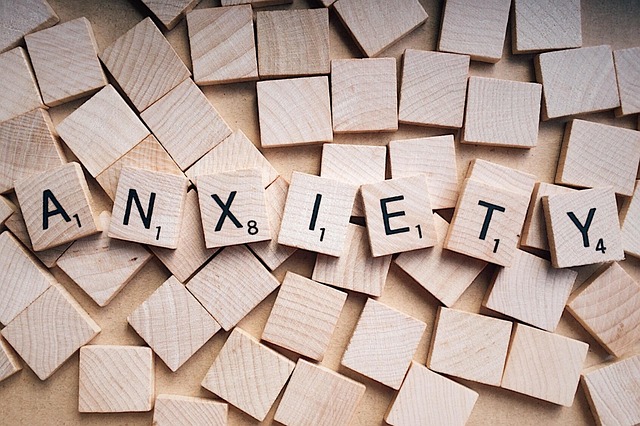Wheat Ridge Cognitive Processing Therapy (WRCPT) offers a holistic approach to combat mental health stigma through education, awareness, and community outreach in Colorado. WRCPT's programs empower individuals with cognitive reframing, emotional regulation, and empathy-building strategies, creating safe spaces for open conversations about mental health. By validating experiences, normalizing help-seeking, and promoting factual knowledge about mental illness, WRCPT breaks down barriers, fosters acceptance, and encourages early intervention. Community initiatives like journaling exercises and advocacy groups further contribute to reducing stigma, making therapy accessible and viewed as a proactive step towards well-being.
Stigma surrounding mental illness persists, creating barriers to treatment and recovery. This article explores various strategies to reduce this stigma, from understanding its profound impact on mental health to examining innovative therapeutic approaches like Wheat Ridge Cognitive Processing Therapy. We discuss everyday interactions, the power of education and awareness campaigns, and the vital role community support plays in fostering an inclusive environment for those facing mental health challenges.
- Understanding Stigma and Its Impact on Mental Health
- Wheat Ridge Cognitive Processing Therapy: A Holistic Approach to Treatment
- Strategies for Reducing Stigma in Everyday Interactions
- The Role of Education and Awareness Campaigns
- Community Support and Advocacy: Fostering an Inclusive Environment
Understanding Stigma and Its Impact on Mental Health

Stigma surrounding mental illness can have profound effects on individuals’ well-being and recovery journeys. It often manifests as negative perceptions and stereotypes, leading to discrimination and social exclusion. This stigma can deter people from seeking help, causing them to suffer in silence. Mental health struggles are not unique challenges; they are common human experiences that require understanding and support.
In Colorado, Wheat Ridge Cognitive Processing Therapy (WRCPT) offers a transformative approach to address these issues. By focusing on cognitive reframing and emotional regulation through Mind Over Matter principles, WRCPT empowers individuals to challenge stigma internally and externally. Community Outreach Program implementations further foster an environment of acceptance, providing resources and support networks that encourage open conversations about mental health, similar to navigating a complex labyrinth with hidden whispers of hope leading the way.
Wheat Ridge Cognitive Processing Therapy: A Holistic Approach to Treatment

Wheat Ridge Cognitive Processing Therapy offers a holistic approach to mental health treatment, focusing on empowering individuals to overcome stigma associated with their conditions. This therapy goes beyond traditional talk therapy by integrating various techniques such as cognitive restructuring, mindfulness exercises, and empathy building strategies. Through these methods, clients develop resilience and inner strength, enabling them to challenge negative thought patterns and build confidence in managing their mental wellness.
The program encourages active participation and self-reflection, allowing individuals to gain insights into their emotions and behaviors. By fostering a safe and non-judgmental environment, Wheat Ridge Cognitive Processing Therapy helps participants cultivate empathy not only for themselves but also for others facing similar struggles. This approach aims to break down barriers and promote understanding, ultimately reducing the stigma surrounding mental illness and encouraging early intervention and support.
Strategies for Reducing Stigma in Everyday Interactions

Reducing stigma associated with mental illness is a collective effort that can start with simple everyday interactions. One effective strategy is to educate ourselves and others about mental health conditions, using accessible resources like Wheat Ridge Cognitive Processing Therapy. This therapy not only aids in understanding different perspectives but also promotes open dialogues, fostering an environment where individuals feel comfortable discussing their experiences without fear of judgment.
Moreover, cultivating empathy through Crisis Intervention Guidance and Self-Care Practices can significantly contribute to stigma reduction. Actively listening to someone’s story, validating their feelings, and offering non-judgmental support can make a profound difference in how people perceive mental illness. Encouraging self-care practices within communities also normalizes the idea that seeking help is not a sign of weakness but rather a proactive step towards well-being.
The Role of Education and Awareness Campaigns

Education and awareness campaigns play a pivotal role in reducing the stigma surrounding mental illness. By implementing comprehensive programs that educate the public about various aspects of mental health, we can foster understanding and empathy. These initiatives should focus on dispelling myths and misconceptions while promoting factual knowledge about specific disorders, such as those targeted by Wheat Ridge Cognitive Processing Therapy. Incorporating Mind Over Matter principles in these campaigns encourages individuals to view mental illness from a different perspective, emphasizing the power of cognitive processes and therapeutic interventions like those offered at Wheat Ridge.
Public Awareness Campaigns Development should emphasize practical strategies for stress reduction, which is a significant aspect of overall mental well-being. By educating people on effective coping mechanisms, we can empower them to support themselves and others. This holistic approach not only helps in destigmatizing seeking therapy but also encourages the adoption of healthy habits that can prevent or manage stress-related disorders, further benefiting from evidence-based Stress Reduction Methods available today.
Community Support and Advocacy: Fostering an Inclusive Environment

In fostering an inclusive environment, community support and advocacy play a pivotal role in mental illness stigma reduction efforts. Local initiatives led by dedicated advocates and organizations can significantly impact public perception and understanding of mental health challenges. These efforts include educational programs designed to break down stereotypes and promote empathy, such as Wheat Ridge Cognitive Processing Therapy offerings that focus on evidence-based practices. By integrating mental health education into community spaces, schools, and workplaces, individuals are equipped with the knowledge to recognize signs of struggle and offer support without judgment.
Advocacy groups also facilitate open dialogues about mental wellness through various channels, including Mental Wellness Journals and guided journaling exercises. These platforms encourage personal reflections and shared experiences, fostering a sense of belonging and community among those dealing with mental health issues. Through such initiatives, communities can cultivate an atmosphere where everyone feels valued and supported, contributing to a reduced stigma surrounding mental illness. This collective effort is essential in creating a more accepting and compassionate society where individuals are encouraged to seek help without fear of ostracization.
Mental illness stigma reduction is a multifaceted effort that requires understanding, education, and community support. By integrating holistic approaches like Wheat Ridge Cognitive Processing Therapy, fostering inclusive environments through advocacy, and employing strategies to reduce stigma in everyday interactions, we can create a more accepting society. Awareness campaigns play a crucial role in breaking down misconceptions and promoting empathy. Ultimately, these combined efforts will significantly enhance mental health outcomes for individuals navigating their journeys with cognitive processing therapy or other treatments.

